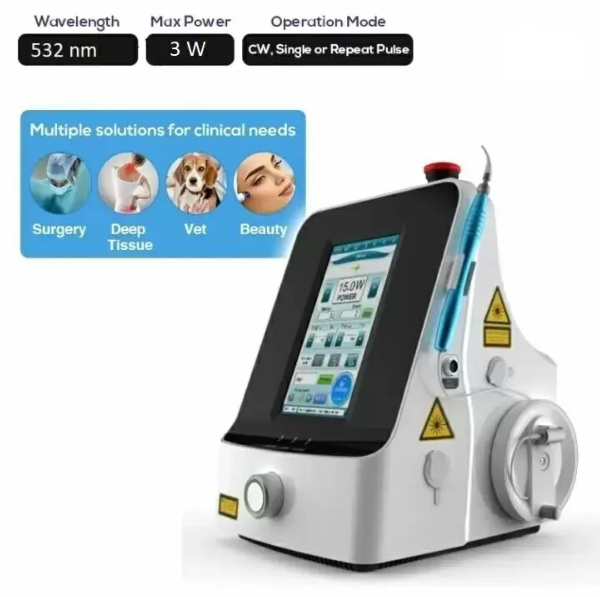Erythropoietic protoporphyria (often known as EPP) is a kind of porphyria that ranges in intensity and can be excruciatingly painful.
A deficit in the enzyme ferrochelatase is thought to be the cause, resulting in excessively high amounts of protoporphyrin in red blood cells (erythrocytes), plasma, skin, and liver.
When exposed to sunlight, EPP produces skin discomfort, most commonly on the tops of the hands and feet, the face, and the ears. After sun exposure, pain can be intense and continue for days. There might not be anything to view right now. Prolonged exposure might cause some redness and swelling, as well as blistering and crusting.
Basic traditional treatment includes avoiding the sun and UV light exposure, vitamin D supplements, creams for tanning, and using protective clothing. However, for those advanced cases, medical interference might be preferable especially if the kind of treatment followed is laser-guided therapy.
Laser treatments have not been a problem in EPP people. But the doctor should be made aware of the diagnosis, and that laser output that exceeds 650 nanometers might be harmful. As such, a low-level therapy should be employed.
In contrast to surgical equipment that use infrared wavelengths, the 532 nm Portable Surgery Diode Laser System 3 Watt LASER-1.21G employs ultra-blue light, which provides high-level performance owing to heat damage reduction and its unique interaction with hemoglobin.
What also makes this device special is that the total lack of water absorption helps to drastically prevent warming of the surrounding tissues.
Because of the quick hemostasis provided by the 532 nm Portable Surgery Diode Laser System 3 Watt LASER-1.21G, the operating region has optimal visibility.
Plus, the use of specific sterilizable fibres in contact surgery is meant to minimize cross-infection while ensuring a clean and bloodless operational region.
EPP is the most frequent Porphyria among children. It affects both men and women equally. It is believed that 1 in every 74,300 people has the disease. Acute porphyrias can be fatal if not treated immediately. Low-level laser therapy is thought to be one of the most appropriate types of treatment for such delicate skin conditions. The LASER-1.21G Portable Surgery Laser System delivers precise low-level therapy with painless treatment and rapid recovery.
Reference: Morgellons
Disclaimer: Although the information we provide is used by different doctors and medical staff to perform their procedures and clinical applications, the information contained in this article is for consideration only. SIFLASER is not responsible neither for the misuse of the device nor for the wrong or random generalizability of the device in all clinical applications or procedures mentioned in our articles. Users must have the proper training and skills to perform the procedure with each Laser System.
The products mentioned in this article are only for sale to medical staff (doctors, nurses, certified practitioners, etc.) or to private users assisted by or under the supervision of a medical professional.

